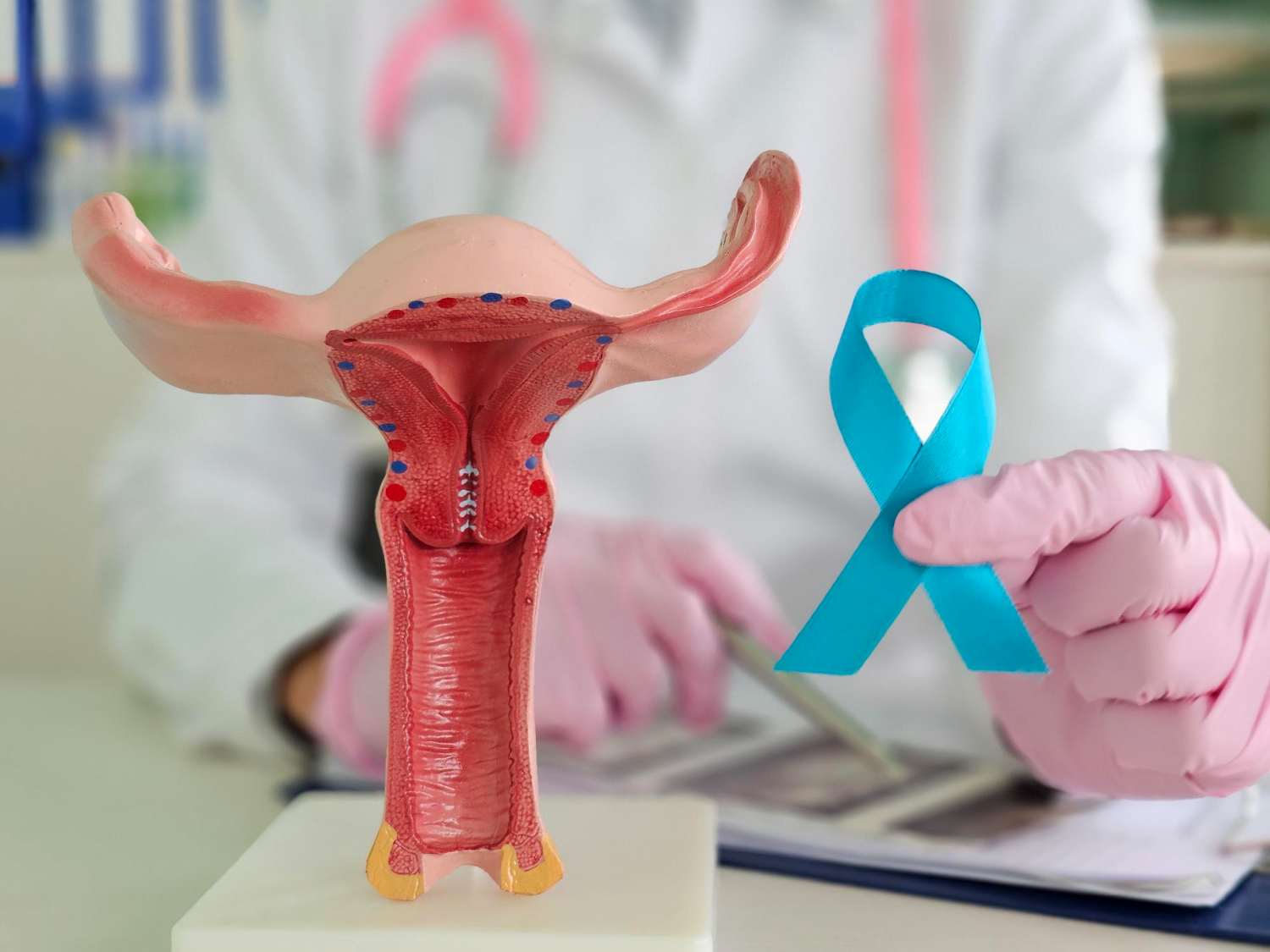
If you have been diagnosed with stage 4 ovarian cancer you should work closely with your healthcare team to develop a comprehensive treatment plan. This plan may involve a combination of the following:

It’s crucial to follow the doctor’s recommendations and adhere to the treatment plan. This may involve regular appointments, medication, and dietary changes.
Additionally, consider these supportive measures:
Ovarian cancer is a group of diseases that originates in the ovaries, or in the related areas of the fallopian tubes and the peritoneum. Women have two ovaries that are located in the pelvis, one on each side of the uterus.
The ovaries make female hormones and produce eggs for reproduction. Women have two fallopian tubes that are a pair of long, slender tubes on each side of the uterus. Eggs pass from the ovaries through the fallopian tubes to the uterus. The peritoneum is the tissue lining that covers organs in the abdomen.(CDC)
Unfortunately, ovarian cancer is often called a “silent killer” because early symptoms can be vague and easily mistaken for other conditions.
This makes early detection difficult.
While symptoms can vary, some common ones include:
It’s crucial to note that these symptoms can also be caused by other conditions, so it’s essential to consult a healthcare provider for proper diagnosis.
Several factors can increase a woman’s risk of ovarian cancer, including:
While there’s no definitive way to prevent ovarian cancer, maintaining a healthy lifestyle, including a balanced diet and regular exercise, can help reduce overall health risks.
Regular pelvic exams and discussing your family history with your doctor are important steps in early detection. However, there’s currently no standard screening test for ovarian cancer.